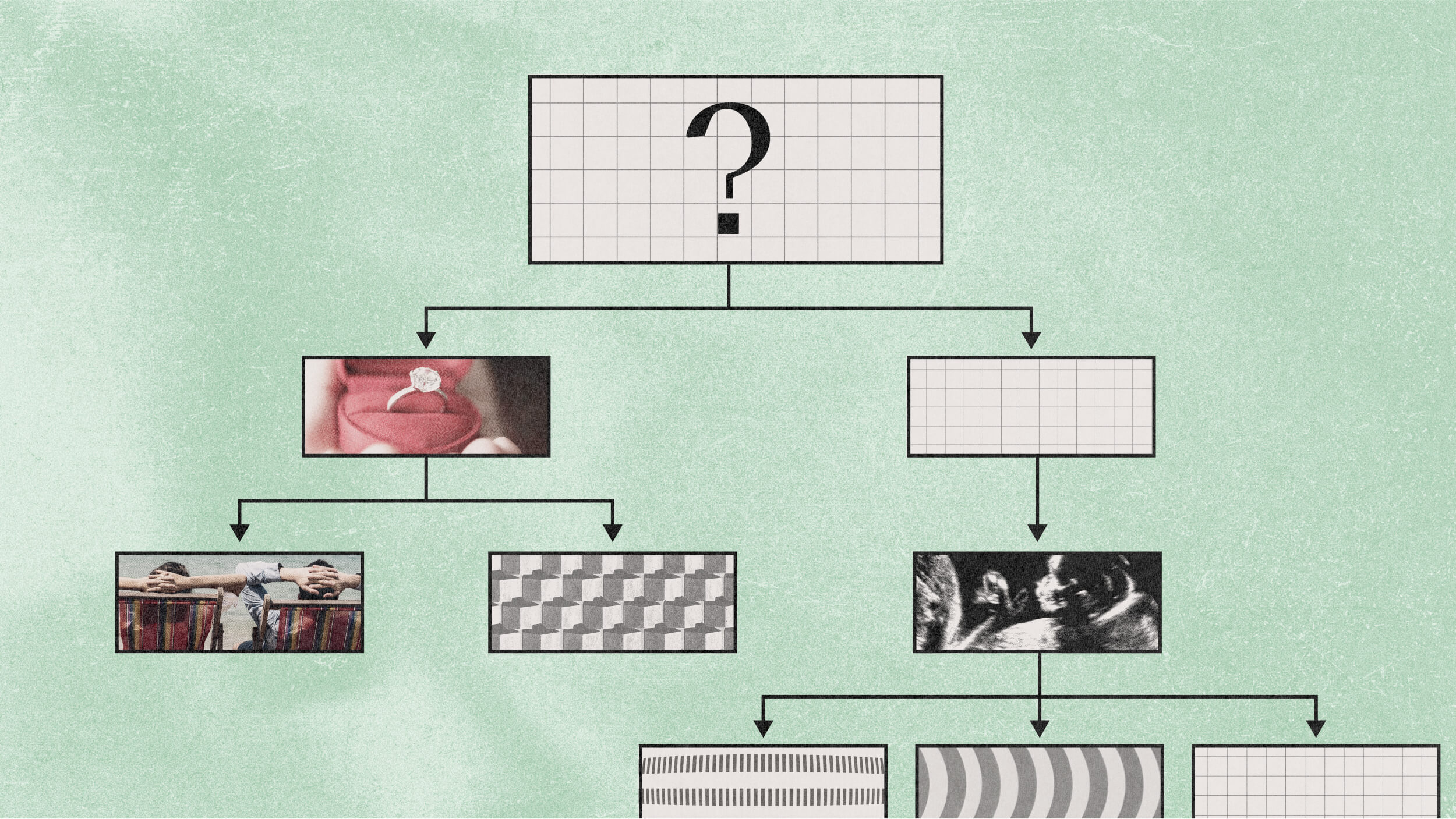The New York Mets and the Science of Fan Loyalty

For the first time in 15 years, the New York Mets are headed to the World Series. The tears shed by their legions of die-hard fans are tears of joy, relief, and surprise. The Mets weren’t projected to go all the way this year; this was a rebuilding year. Maybe, as the saying goes, next year. Yet this is a team with a heart that has refused to give up, with a remarkable 27 come-from-behind victories in the regular season. This is a team that has trusted its rookies — Noah Syndergaard, Steven Matz, Michael Conforto — as well as veterans like Yoenis Cespedes, Juan Uribe, and captain o’ captain David Wright. For Mets fans, the past decade has been agonizing, as hopes were raised and then crushed. Injuries and bad luck plagued the team. From 2009-2012, the Mets were near the bottom of their division. Living in a town with two baseball teams, one of which has the second highest payroll in the MLB, the Mets don’t have bandwagon fans; they have dyed-in-the-orange-and-blue-wool fans. And now, their time has come.
Studies have shown that when a team we love wins, we feel like we are winning, too, and when they lose, it feels like we have lost.
But why are we so loyal to our teams, even when they lose? Studies have shown that when a team we love wins, we feel like we are winning, too, and when they lose, it feels like we have lost. If our team constantly loses, and that makes us feel terrible about ourselves, why do we keep watching, rooting, and hoping? Aren’t we just setting ourselves up for misery? Yes, but a relationship with a team is like a relationship with a person. When we are invested in another person’s well-being, it becomes difficult to detach ourselves from their successes and failures. That’s why when your partner gets a promotion, you feel like you got one also. Or when your close friend goes through a breakup, we’re sad, too. It’s the same with sports, says journalist Eric Simons. “You can’t cut the team off without cutting off a part of yourself. Even if the team is losing, you have so much of yourself wrapped up in it that you can’t just walk away. To do so is to give up on a part of yourself.” It doesn’t matter what others say, what the rankings are, or how often we scream into a pillow out of frustration and as rage tears fall because of that awful play that lost us the game. For better or worse, we’re in this.
“You can’t cut the team off without cutting off a part of yourself. Even if the team is losing, you have so much of yourself wrapped up in it that you can’t just walk away. To do so is to give up on a part of yourself.”
“We never give up,” Mets outfielder Yoenis Cespedes said weeks ago. “We’re ready to fight. We know we’re going to come back and put on good at-bats. We think we can do it all the way.” Their opponent from the American League will either be the Toronto Blue Jays or the Kansas City Royals, both teams that have been at the bottom and know all too well what it’s like to lose. To have people question why you’re a fan, why you believe. But the love we feel for our teams is real, and our support doesn’t waiver just because they’re not always in first place. But boy, does it feel good when they are.
High baseball praise from Bert Randolph Sugar, a writer and sports historian who got his start in the legal field.





